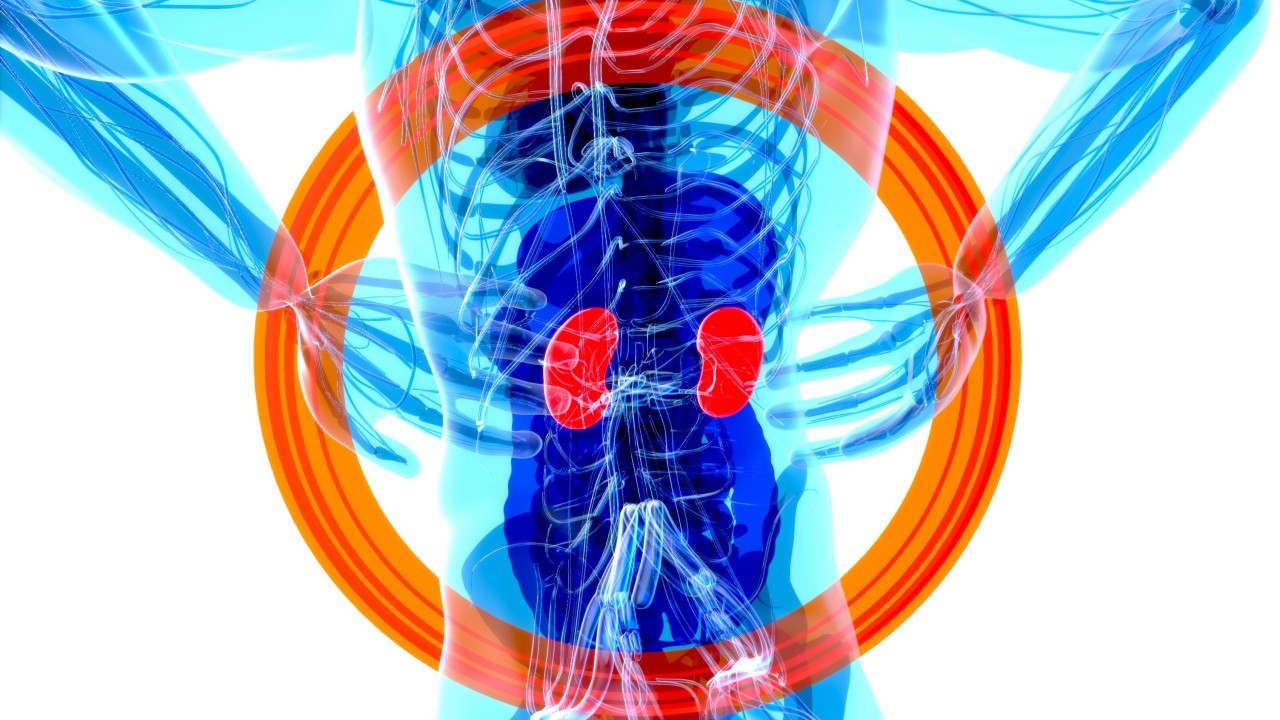Randiga Harnes, Primary Healthcare Intern at Mariwa Health Centre, posted on LinkedIn:
“We have all have experienced or know someone who experienced pain despite taking painkiller medication. The internet is filled with personal anecdotes of poor pain management while under the care of hospitals they were admitted to- be it during childbirth, recovery from surgery or indeed, as cancer patients. Unfortunately, these experiences appear to occur along racial lines, with black people reporting neglect or being ignored more than white people.
Indeed, about 80 per cent of patients in need of palliative care live in low-to-middle-income countries. It is estimated that 20 million die with pain that morphine could alleviate. Another 28 milliom do not have access to morphine. These numbers are expected to doble in the coming years.
In Sub-Saharan Africa, as the share of the ageing population rises,and as lifestyle changes are witnessed, it is sensible that cancer cases are on the rise. This fact is worsened by the fact that diagnoses of cancer happen at a later stage compared to other regions of the world in which care is more advanced. Often then, it means that for a big chunk of our cancer patient population, there is no curative care available. In Kenya, for example, some reports indicate a measly five-year survival rate of ~40 per cent for breast cancer.
Compare this to the over 90 per cent survival rate in the USA, for example. Consequently, management of pain is not only part of treatment, but also the only treatment available to our cancer patients. Palliative care is the only way to improve the quality of life for such patients as well as their families. The need for pain management is clearly present, but the situation in our hands is that this is being poorly done.
An explanation may be available for this phenomenon- opiophobia. A silent, ongoing epidemic, opiophobia is the fear of prescribing opioid medication out of the fear of patienrts becoming addicted, because of regulatory restrictions or social concerns like stigma. Opiophobia is one of the greatest barriers to access and utilisation of opioid medications in Sub-Saharan Africa.
Opiophobia is grounded in the opioid epidemic the world has and continues to experience. Misleading narratives such as use for as little as 7 days,even for legitimate reasons will lead to addiction and eventual death. Reports and data continue to dismiss these claims without moving the needle on the opiophobia side of things.
THE CONSEQUENCES OF OPIOPHOBIA FOR CANCER PATIENTS
Unfortunately, cancer patients are caught up in the fight against opioid misuse,and they continue to suffer the affliction of unnecessary pain. A study has shown that even in developed countries, over 30 per cent of cancer patients with advanced disease remain undertreated for pain which opioids can help alleviate. Another UK study shows that the median time between initiation of opioid therapy and death is 9 weeks, indicating patients remain without the appropriate treatment. One can therefore infer that patients in Subsaharan Africa are suffering a worse affliction higher number (though studies on this aspect remain unconducted).
Families are also left to shoulder the emotional pain of seeing their loved ones in pain. For a patient with cancer, their family is often dealing with multiple issues at a time-from fears of losing their loved one, to financial distress. Having them witness the unmitigated pain does nothing to improve the quality of lives of these families.
Many often turn to alternative treatment strategies that can range from ineffective to outrightly harmful. Hoarding of opiods within the general population is an unintended consequence of stricter regulation and enforcement, and this is no different for cancer patients. People who hoard opioids are at a much higher risk of an overdose as the medications are being used without the advice or monitoring of their medical team.
The health systems also tend to lose faith in their ability to accord dignity and manage pain for their patients. Health systems are a system because of human resource, and humans rely a lot on positive reinforcement. Workers in healthcare derive a great deal of morale in knowing they are doing something to improve the outcomes of their patients. If the comfort and relief of patients from pain is not assured, we risk having workers who are “okay” with how things are.
Consequently, patients and their loved ones lose faith in their healthcare workers- the beginning of a self-defeating, vicious cycle. We risk having health systems that are not appropriately responsive to pain needs not because of resourcing, but because of negative self talk and defeatist attitudes.
In next week’s article, we will be looking at the possible remedies for opiophobia, and we will look at how effective they are. The beauty of failing, or performing poorly, is that it creates more room more improvement. We will see how Sub-Saharan Africa is tackling the opiophobia-from Uganda’s local production of morphine to the role of professional organisations roles in informing palliative care practice in Kenya and Malawi.”
More posts featuring Randiga Harnes.


